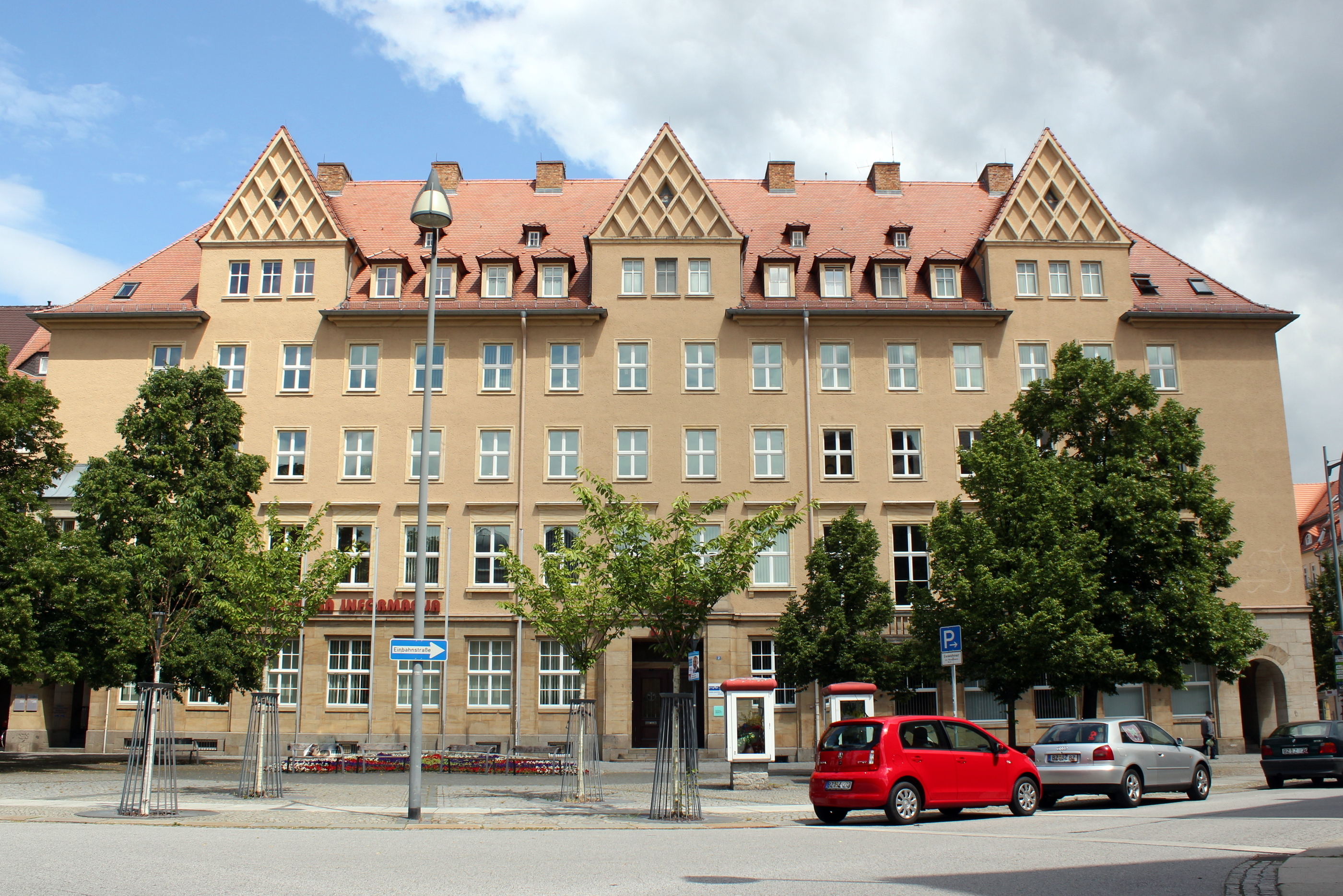Domowina on:
[Wikipedia]
[Google]
[Amazon]

 Domowina ( Sorbian: "Home") is a political independent league of the Sorbian and Wendish people and
Domowina ( Sorbian: "Home") is a political independent league of the Sorbian and Wendish people and
Official website
1912 establishments in Germany Bautzen Hoyerswerda Mass organisations of East Germany Non-profit organisations based in Saxony Sorbian culture {{Germany-org-stub
 Domowina ( Sorbian: "Home") is a political independent league of the Sorbian and Wendish people and
Domowina ( Sorbian: "Home") is a political independent league of the Sorbian and Wendish people and umbrella organization
An umbrella organization is an association of (often related, industry-specific) institutions who work together formally to coordinate activities and/or pool resources. In business, political, and other environments, it provides resources and ofte ...
of Sorbian societies in Lower and Upper Lusatia, Germany
Germany,, officially the Federal Republic of Germany, is a country in Central Europe. It is the second most populous country in Europe after Russia, and the most populous member state of the European Union. Germany is situated betwe ...
. It represents the interests of Sorbian people and is the continual successor of the previous ''Domowina League of the Lusatian Sorbs'' (, Sorbian: ''Zwjazk Łužiskich Serbow'', Lower Sorbian
Lower may refer to:
*Lower (surname)
*Lower Township, New Jersey
*Lower Receiver (firearms)
*Lower Wick Gloucestershire, England
See also
*Nizhny
Nizhny (russian: Ни́жний; masculine), Nizhnyaya (; feminine), or Nizhneye (russian: Ни́� ...
: ''Zwězk Łužyskich Serbow'').
History
The Domowina institution, founded inHoyerswerda
Hoyerswerda () or Wojerecy () is a major district town in the district of Bautzen in the German state of Saxony. It is located in the Sorbian settlement area of Upper Lusatia, a region where some people speak the Sorbian language in addition to G ...
in 1912, is situated in Bautzen
Bautzen () or Budyšin () is a hill-top town in eastern Saxony, Germany, and the administrative centre of the district of Bautzen. It is located on the Spree river. In 2018 the town's population was 39,087. Until 1868, its German name was ''Budis ...
(Budyšin) in Saxony
Saxony (german: Sachsen ; Upper Saxon: ''Saggsn''; hsb, Sakska), officially the Free State of Saxony (german: Freistaat Sachsen, links=no ; Upper Saxon: ''Freischdaad Saggsn''; hsb, Swobodny stat Sakska, links=no), is a landlocked state of ...
alongside other cultural institutions of the Sorbian people.
The Domowina was closed by Nazi authorities in 1937 and reopened on 10 May 1945, right after the end of World War II, and regained official status in the German Democratic Republic
German(s) may refer to:
* Germany (of or related to)
**Germania (historical use)
* Germans, citizens of Germany, people of German ancestry, or native speakers of the German language
** For citizens of Germany, see also German nationality law
**Ger ...
.Peter Kunze (1995). ''Kurze Geschichte der Sorben. Ein kulturhistorischer Überblick in 10 Kapiteln.'' Sächsische Landeszentrale für Politische Bildung, p. 70,
Under East German rule, Domowina was a mass organization included in the National Front, and was effectively controlled by the SED
sed ("stream editor") is a Unix utility that parses and transforms text, using a simple, compact programming language. It was developed from 1973 to 1974 by Lee E. McMahon of Bell Labs,
and is available today for most operating systems.
sed w ...
. Though the government did recognize Sorbs as a linguistic community within the GDR, they were not recognized as a minority, which ran contrary to the demands of the league. Upon the fall of communism in East Germany and German reunification
German reunification (german: link=no, Deutsche Wiedervereinigung) was the process of re-establishing Germany as a united and fully sovereign state, which took place between 2 May 1989 and 15 March 1991. The day of 3 October 1990 when the Ge ...
, Domowina was reformed yet again, this time as an independent organization.
Chairmen
See also
*Wendish People's Party The Wendish People's Party (german: Wendische Volkspartei, hsb, Serbska ludowa strona) was a political party of the Sorbs in Weimar Germany from 1919 to 1933. It was led by Jakub Lorenc-Zalěski
Jacob is a common male given name and a less well- ...
(''SLS - Serbska Ludowa Strona'')
References
External links
Official website
1912 establishments in Germany Bautzen Hoyerswerda Mass organisations of East Germany Non-profit organisations based in Saxony Sorbian culture {{Germany-org-stub